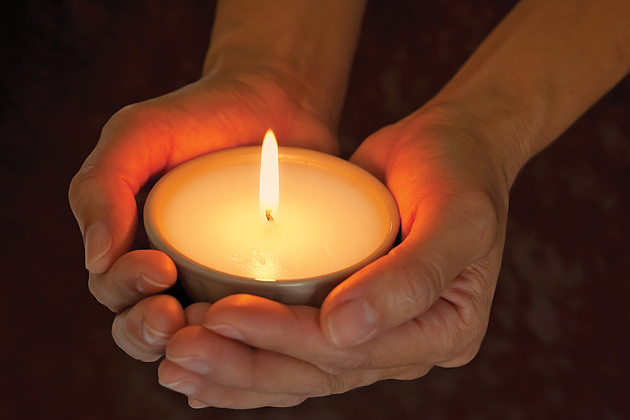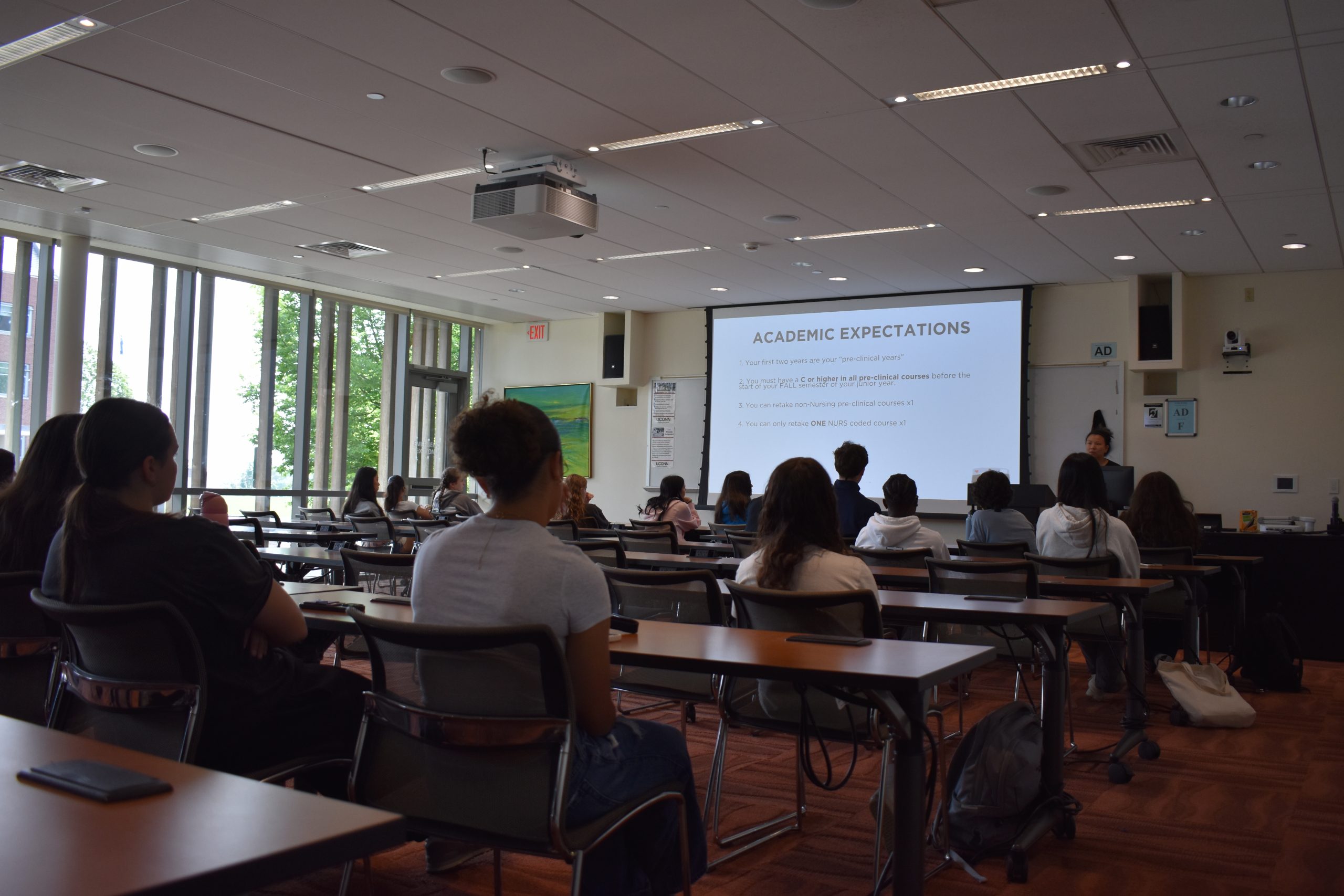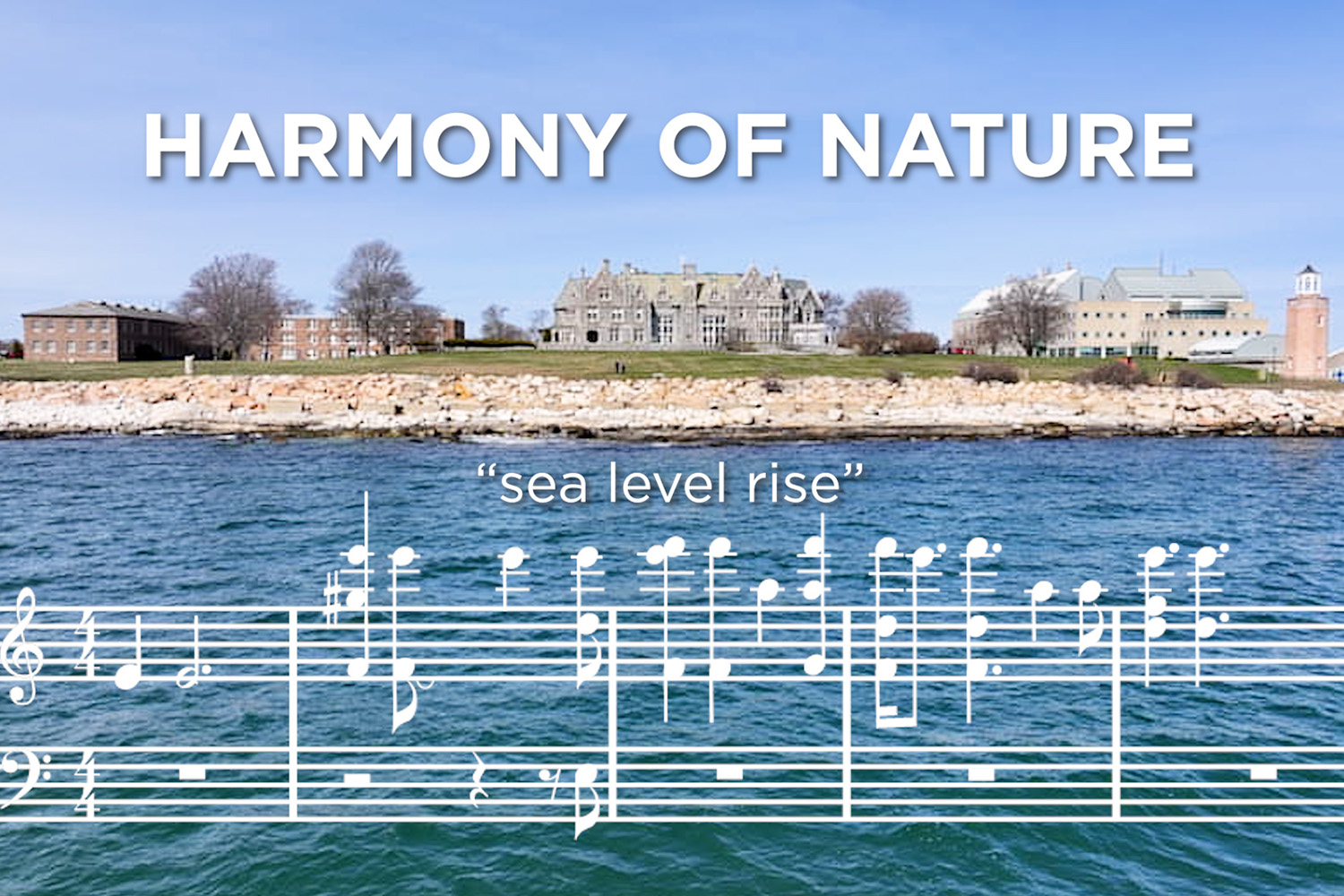
When I am asked whether the idea for my trilogy of interfaith documentaries on world religion was in response to the Sept. 11, 2001, attacks, I simply relate the facts: I had, prior to 9/11, just completed the production of my first film, “Jews & Christians: A Journey of Faith.” Coincidentally, the film’s premiere was scheduled for the National Press Club on Sept. 11, 2001. Of course, the debut was postponed after the attacks. The seeds for the documentaries germinated from my experience working in 50 nations for the U.S. Information Agency (USIA), making films on subjects ranging from community development and aid projects in South America to crimes against humanity in the former Yugoslavia.
From my travels, I gained profound insights about people the world over. I realized we share many values, including those on religion. After I left the USIA, a colleague challenged me to explore Christianity and my own religion, Judaism, by giving me a book, Our Father Abraham: Jewish Roots of the Christian Faith, by Marvin Wilson, a Biblical scholar at Gordon College in Wenham, Mass. I called Wilson to express my interest in making a documentary based on his book for public television. His book was aimed at a Christian audience, but I wanted to produce a film for a general audience about improving understanding between the two religions, and he enthusiastically agreed. My company, Auteur Productions, Ltd., which also includes my producing partners Meyer Odze and my son, Adam Krell, received a significant grant from the Pew Charitable Trust, which allowed location travel to Israel to make the film.

When the program aired on public television stations nationwide, the audience response was very positive, and the film went on to win several awards. We also received a great deal of audience feedback inquiring whether we would do a documentary that included Islam. This led to our second film, “Three Faiths, One God: Judaism, Christianity, Islam,” comparing similarities and differences between Islam, Christianity, and Judaism, and examining how people of goodwill in the Abrahamic faith communities are coming to terms with the historical conflicts that impact their lives today.
Our most recent work, “The Asian & Abrahamic Religions: A Divine Encounter in America,” covers Hinduism, Buddhism, Sikhism, and Jainism, exploring how these religions have flourished as part of the diversity of life in the United States.
One of the interesting aspects of the third film in the trilogy is how certain aspects of Asian religions have become part of mainstream lifestyles in America, beginning with the baby boom generation’s interest in yoga, meditation, and the martial arts. It also occurred to me somewhere in the middle of making the film that it was important to note that Asian religions have been part of the fabric of the United States for much longer than most people may think – dating in some instances from the 19th century, when the Chinese laborers who helped build the transcontinental railroad arrived in California. They brought with them their cultural and religious beliefs – Daoism, Confucianism, and Buddhism.
The core message of all our interfaith films is that pluralism is important to human survival. If religious conflicts of the past are to be avoided in the future, religious pluralism and serious interreligious conversations are essential to the global community. In a nutshell, we have to coexist. I think of the Hebrew phrase “Tikkun Olam,” which translates into repairing the world, to make the world a better place.

We initiated an energetic educational outreach campaign for our documentaries, including an accompanying study guide for students. When we present these films in community screenings, a panel discussion follows, and the audience gets involved. The films serve as a catalyst for dialogue. At times, media news coverage subliminally reinforces religious stereotypes and fear of “the other.” Maybe we are one of the voices out there trying to break that cycle. I do believe the interfaith movement is gaining momentum, and the United States seems to be a good place for it to happen.
Gerald Krell ’57 (SFA) is a documentary film producer and president of Auteur Productions, Ltd., in the Washington, D.C., area, a company that creates documentaries primarily for public television. He received the 2008 Alumni Award from the School of Fine Arts and delivered alumni remarks during the 2009 SFA Commencement ceremonies, encouraging students in the School of Fine Arts to present art projects in underserved communities. He recently established the Connecticut ArtsCorp Awards program to achieve that goal, and invites interested alumni to contribute to ArtsCorp by contacting the Office of the Dean in the School of Fine Arts.


